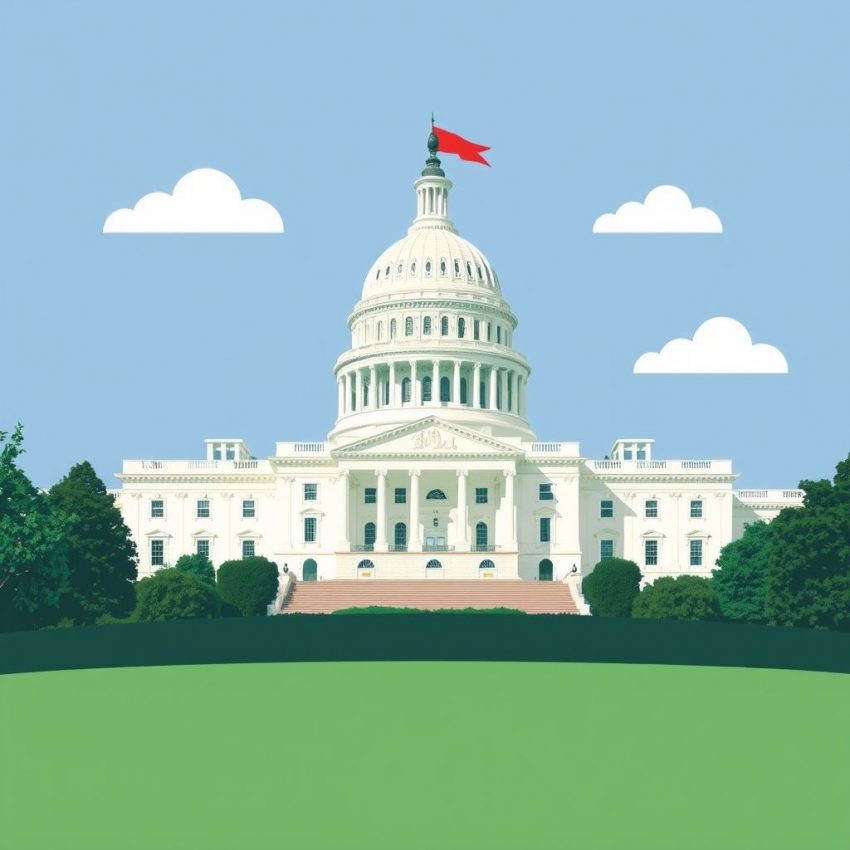House Votes to Overturn IRS DeFi Broker Rule: A Win for Crypto Innovation or a Missed Opportunity for Tax Clarity?
The U.S. House of Representatives has voted to overturn a controversial provision within the Infrastructure Investment and Jobs Act (IIJA) that broadly defines "brokers" in the decentralized finance (DeFi) space. This move, hailed by crypto advocates as a victory for innovation, has reignited the debate over how to regulate this burgeoning sector while ensuring tax compliance.
The contested provision requires brokers to report transactions to the IRS, including those involving digital assets. Critics argued that the definition of "broker" was overly broad, encompassing individuals like software developers and miners who lack access to the customer information required for reporting. This, they claimed, would stifle innovation and drive crypto development offshore.
The House vote signals a pushback against this perceived overreach. Supporters of the overturn argue it provides breathing room for the DeFi ecosystem to mature and allows for more targeted regulations to be developed. They emphasize the unique decentralized nature of DeFi, where transactions occur peer-to-peer without intermediaries, making traditional reporting requirements impractical.
However, the fight is far from over. The bill now heads to the Senate, where its fate remains uncertain. Furthermore, even if the overturn is successful, the underlying question of how to address tax compliance in DeFi remains. The IRS needs mechanisms to collect taxes on crypto transactions, and the current ambiguity leaves the door open for potential tax evasion.
The key arguments for the overturn:
- Protecting Innovation: The broad definition stifled innovation by imposing burdensome reporting requirements on individuals who are not equipped to comply.
- Decentralized Nature of DeFi: Traditional broker reporting requirements don't fit the peer-to-peer nature of DeFi.
- Unintended Consequences: The rule could have driven crypto development and talent out of the U.S.
The arguments against the overturn:
- Tax Compliance: Overturning the rule without a clear alternative leaves a gap in tax collection efforts.
- Need for Regulatory Clarity: While the original definition was broad, some regulation is necessary to ensure responsible growth of the DeFi sector.
- Level Playing Field: Lack of clear tax rules for crypto creates an uneven playing field compared to traditional financial markets.
What's Next?
The Senate's decision will be crucial. Regardless of the outcome, this vote highlights the urgent need for a nuanced and informed approach to regulating DeFi. Stakeholders, including lawmakers, regulators, and industry experts, must collaborate to create a framework that fosters innovation while ensuring responsible financial practices. This includes exploring alternative reporting mechanisms tailored to the unique characteristics of DeFi.
The future of DeFi in the U.S. hangs in the balance. The debate is no longer about whether to regulate, but how to regulate effectively. Striking the right balance between fostering innovation and ensuring compliance will be crucial for the long-term success of this transformative technology. Stay tuned for updates as this story continues to unfold.
Don’t miss out on this exclusive deal, specially curated for our readers!
This page includes affiliate links. If you make a qualifying purchase through these links, I may earn a commission at no extra cost to you. For more details, please refer to the disclaimer page. disclaimer page.

